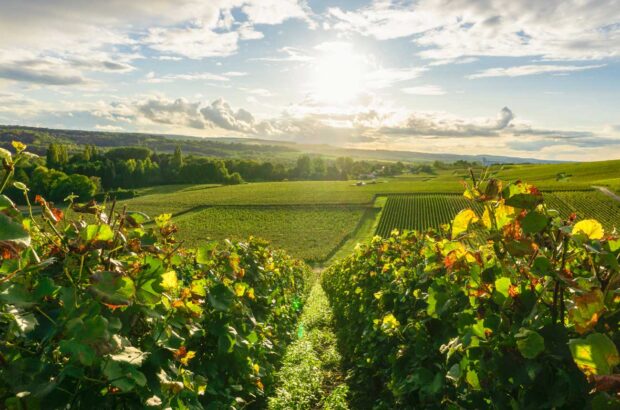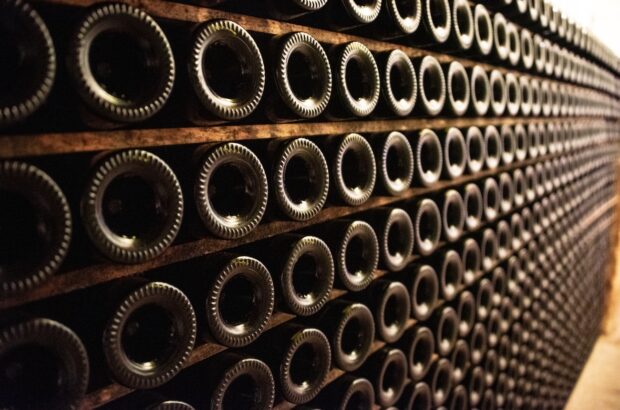As unrest returns to South African vineland, Wines of South Africa says the wine industry is not at present involved.
Su Birch, CEO of Wines of South Africa, told Decanter.com she knew of no striking workers nor workers who had made demands, and that unrest was confined to areas of table grape and other fruit production.
This is despite well-publicised statements from COSATU, the Congress of South African Trade Unions, and another organisation called the Black Association of the Wine and Spirits Industry saying that strikes would continue, and calling for international boycotts of South African fruit.
Cosatu regional secretary Tony Ehrenreich said last week the strikes would continue until demands, including a minimum daily wage of R150 (£11), and ‘coherent land reforms’ were met.
BAWSI activist Nosey Pieterse, whom Decanter.com has not been able to contact, told media last week that there had been a ‘hardening of the heart’ amongst farmers, and that workers ‘will strike until a negotiating partner comes to the table.’
Birch told Decanter.com she had spoken today (Thursday) to wine producers near Elgin and had been assured their workers were neither on strike nor demanding higher wages.
However, she said, harvest in South Africa would not begin for another month to six weeks, and if there were going to be problems, they would start when seasonal workers were being hired by labour brokers, who controlled wages and took substantial cuts.
‘The problem is that a labour broker might make R150, but the worker only gets R70.’
She said the wine industry had worked hard to improve conditions. ‘There may be some black sheep but we are hoping there will be no problems.’
Civil unrest in parts of the Western Cape flared in November last year as workers struck to demand higher wages, spreading into agriculture from violent – and fatal – disturbances in the mining and trucking industries.
Yesterday police used rubber bullets and stun grenades against a crowd of strikers who had piled burning tyres across the main highway through the town of De Doorns, 60 miles east of Cape Town, Reuters reported.
De Doorns is a township with a history of unrest, where temporary and seasonal workers are hired. Grape production in the area is 99% table grapes, Birch said.
This strike by farmworkers in the Western Cape follows a walkout in December in which warehouses were set on fire and at least two workers died in clashes with police.
In November WoSA issued a statement saying it was ‘greatly saddened by the unrest’ but that it appeared ‘the crowds burning vineyards and packsheds are not the workers from the farms involved and whose livelihoods are now under threat.’
It also appealed for an end to calls for a boycott of Cape wine, as that could only lead to further job losses.
Today WoSA said in a statement, ‘It doesn’t appear the current strike action in the Western Cape is connected to the wine industry but we’re keeping an eye on the situation, going forward.
‘The South African wine industry, through its support of the Wine and Agricultural Industry Ethical Association (WIETA), and also Fairtrade, is working hard to ensure the ethical treatment of workers. Amongst the conditions WIETA sets are that workers should have the right to a living wage and to be protected from unfair discrimination.’
Farm workers are demanding a minimum daily wage of R150, up from around R70.
Written by Adam Lechmere







